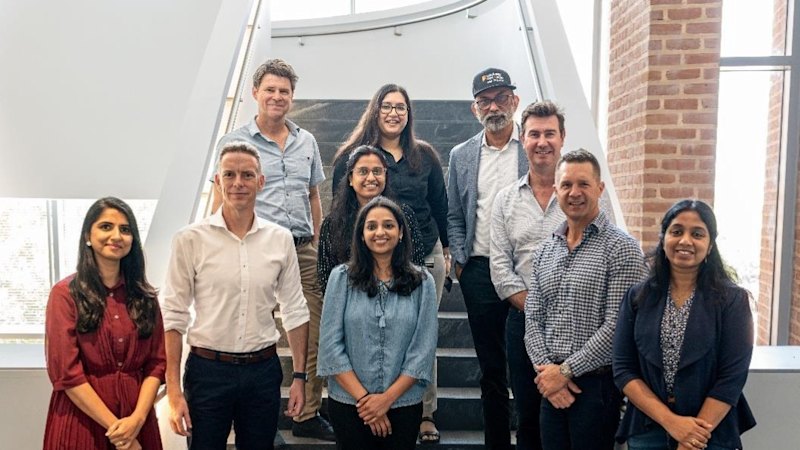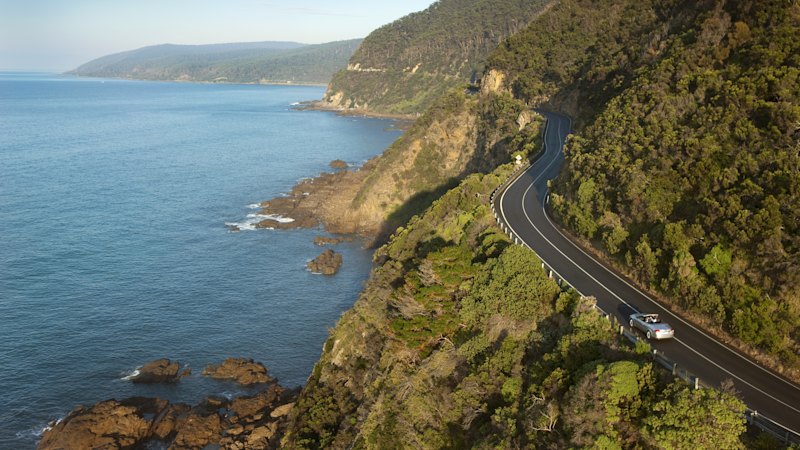
Locksley Resources has intensified efforts on its flagship DeepSolv processing technology by expanding research initiatives in collaboration with Rice University in Texas. This strategic move aims to diversify the range of antimony feedstocks for processing, addressing the growing demand for domestic antimony production in the United States.
In September 2023, Locksley entered a technical partnership with Rice University, led by executive vice president Professor Pulickel Ajayan, a recognized authority in nanotechnology and materials science. Recently, Locksley’s board convened with Ajayan and his research team in Houston to solidify and broaden the scope of the DeepSolv research program. The collaboration will explore innovative methods to extract and refine antimony, a critical mineral, utilizing Rice’s proprietary technologies.
Locksley’s latest visit to Rice involved meetings with both Professor Ajayan and the university’s technology transfer office, marking a significant step in formalizing the alliance. A dedicated workshop has been established to create what the company describes as a “practical and accelerated” test work program for this initiative. According to Patrick Burke, chairman of Locksley Resources, these initiatives position the company at the forefront of developing a secure domestic supply chain, which aligns with the priorities of the US government.
Locksley Resources possesses one of the only four known antimony sites in the United States, located within its Mojave project in California. This project is strategically important as the US government seeks to enhance its domestic supply of antimony, which is essential for defense systems, semiconductors, and battery technologies. The demand for this metal is particularly pressing given recent geopolitical tensions and China’s dominance in the global supply chain, including a ban on antimony exports over the past year.
The expanded DeepSolv workstreams will incorporate test campaigns from various locations. Initially, ore will be sourced from the Mojave project and from EV Resources‘ Los Lirios antimony operations in Mexico, along with samples from other external sources. These tests will encompass multiple processing stages, from raw ore to dense media separation material and high-grade concentrates, enabling comprehensive evaluation of the technology under varying conditions.
Locksley Resources is also in discussions with another mining group regarding trialing the DeepSolv technology, reflecting a growing interest across the industry. This collaboration is a critical component of Locksley’s “mine-to-market” strategy, which aims to establish a fully domestic supply chain for antimony in the US.
The United States currently does not produce antimony but relies heavily on imports for its industrial needs. The listing of antimony as a critical mineral by the US government underscores the importance of developing a reliable domestic supply.
Locksley’s Mojave project is adjacent to the renowned Mountain Pass mine and includes the historical Desert antimony mine, which ceased operations in 1937. Recent testing at the Desert site yielded an impressive recovery rate of 85.9 percent from rock chip sampling, prompting Locksley to consider expedited options for bringing early ore to market. The company plans to commence a maiden drilling program by the end of the year.
With proprietary processing technology, a direct academic partnership, and strategic agreements in place for US ore supply, the Perth-based explorer is positioning itself as a pioneer in reshaping the sourcing, processing, and deployment of antimony in the United States. Should the results from the DeepSolv technology meet expectations, Locksley Resources could transition from an explorer to a leader in critical minerals, directly impacting the US supply chain.






